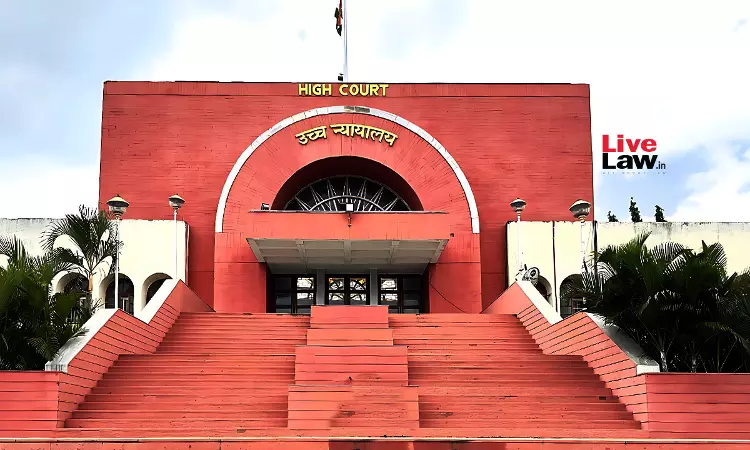Bombay High Court Stays District Magistrate's Order Restraining Namaz In Jalgaon Mosque
Amisha Shrivastava
19 July 2023 9:15 AM IST

Next Story
19 July 2023 9:15 AM IST
The Bombay High Court stayed for two weeks the District Magistrate’s (DM) order restraining people from offering prayers at a mosque in Erandol Taluka, Jalgaon and allowed religious prayers to continue until the next hearing, scheduled after two weeks.Justice RM Joshi of the Aurangabad bench observed that prima facie, the DM passed the order without being satisfied that there is likelihood...
